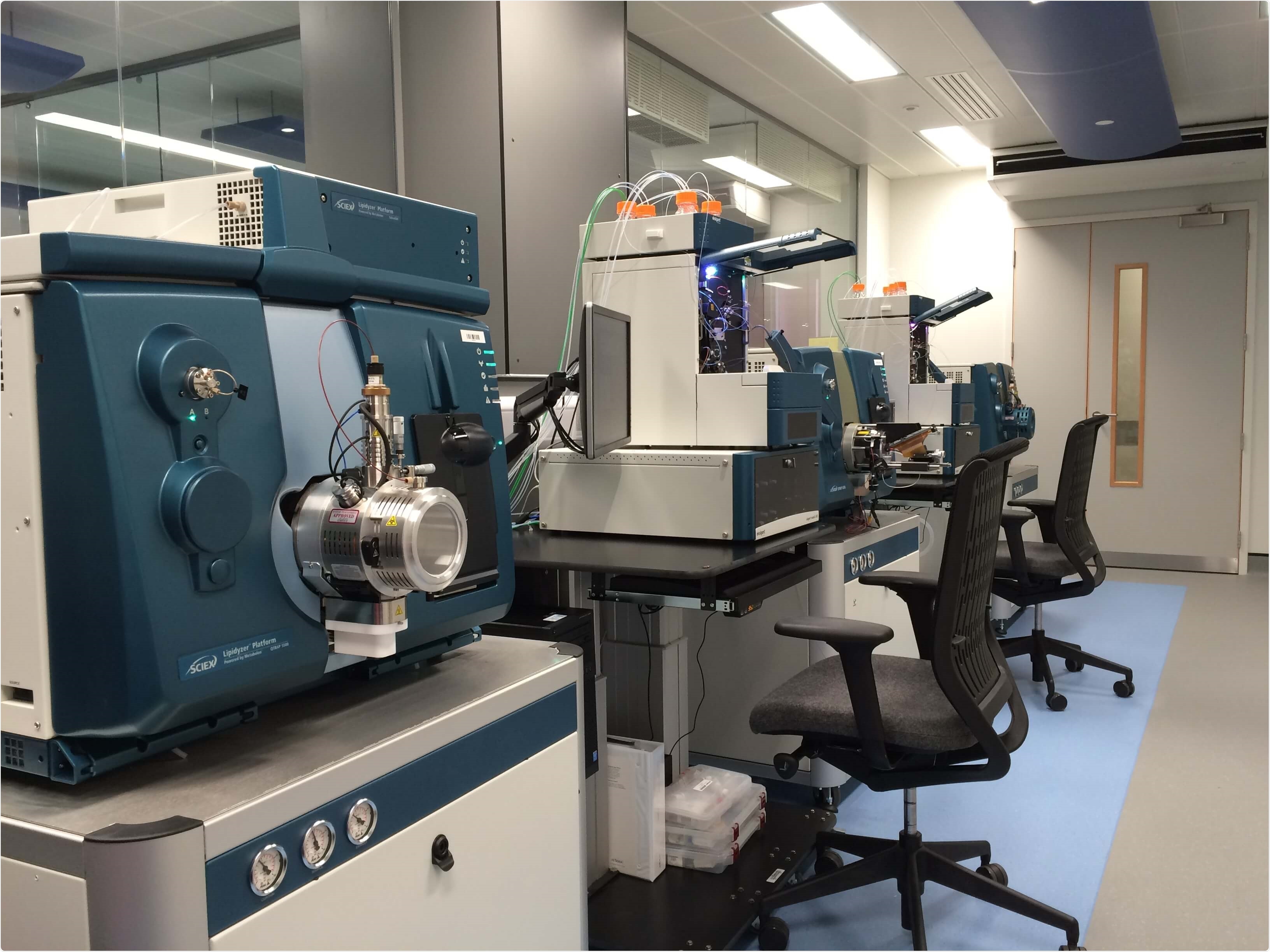Nov 30 2020
Opened in 2016, Manchester’s Stoller Biomarker Discovery Centre (SBDC) is a globally renowned, multi-million-pound precision medicine research facility.

Based in Citylabs 1.0, right in the heart of the university’s healthcare campus, the world’s largest proteomics centre uses techniques to identify new biomarkers – proteins that indicate the presence and status of a disease such as cancer or arthritis or the likelihood of a patient responding to a specific therapy.
Scientists at the centre undertake cutting-edge work to address some of the biggest issues in medicine which aims to stratify patients so that instead of a ‘one size fits all’ approach patients can be treated in an individual way, at the right time, for the best outcome.
Research encompasses the identification of new biomarkers for diseases such as rheumatoid arthritis, Alzheimer’s disease and psoriasis and the work on chronic myeloid leukaemia has now progressed to clinical trials for development of a new curative treatment strategy.
Funded by the Medical Research Council, a philanthropic donation from the Stoller Charitable Trust and in partnership with SCIEX, the SBDC has started to rapidly industrialise the process of identifying biomarkers by enabling scientists and clinicians to work closely with health companies and the NHS to increase the number of tests to develop new treatments. For example, work on new approaches to prostate cancer risk detection involves collaborators and companies across the UK.
More recently in light of the COVID pandemic, Anthony Whetton, Director of the Stoller Biomarker Discovery Centre has conducted in-depth research, in collaboration with other UK cities, to establish proteomics as a unique way of understanding the COVID virus.
As a result, the Stoller Centre has now received a total of £500,000 from UK Research and Innovation (UKRI) and the Department of Health and Social Care to run COVID-19 samples and biomarkers for COVID and Long COVID and find new diagnostic methods for the diagnosis of COVID using mass spectrometry.
As expressed by Paul Townsend, Associate Dean and Research Professor at The University of Manchester, the success of the SBDC and its ability to pivot and react so quickly to COVID is largely down to Manchester’s well-established life science and healthcare environment:
The community in Manchester is thriving, we have the hospital network, the patients and the expertise which is shared well amongst everyone through a collaborative and integrated eco-system and a as a result we can innovate and adopt more quickly. We have the devolved budget and the right-minded attitude.”
Manchester’s robust digital infrastructure which includes a fully integrated care record for the 2.8 million population supports real time decision making which is also critical for the SBDC.
In addition, as highlighted by Professor Anthony Whetton, Director of the Biomarker Discovery Centre, specialist skill at The University of Manchester enables the centre to analyse their digitised proteomic mapping and algorithms to detect biomarkers of health or illness:
When one obtains large quantities of data as we do with proteomics, then it needs turning into information. This involves the use of artificial intelligence and machine learning. Thankfully Dr Nophar Geifman joined the University and established a pipeline from mass spectrometry/proteomics data to development of algorithms for prognosis, diagnosis and response to therapy. This pipeline can be applied widely to pharma or academic research."
The digital strengths of the city-region will accelerate the Stoller’s quest to uncover new biomarkers and diagnostic methods for COVID-19 along with its innovation landscape and ability to rapidly commercialise new products.